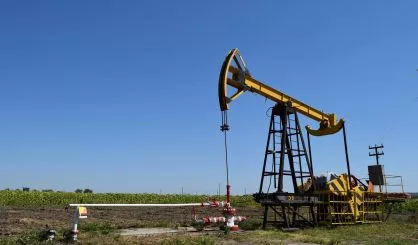
An environmental watchdog group said the recent Keystone Pipeline oil spill should serve as a warning to Michiganders if a proposed expansion of the Enbridge Line 5 project is approved.
In early December, Keystone broke open and dumped 14,000 barrels of heavy tar-sands oil into a creek on the Kansas-Nebraska border, causing major environmental damage.
Sean McBrearty, campaign coordinator for Oil and Water Don’t Mix, said a break in Line 5, which runs under the Mackinac Straits, could cause as much or more damage as the Keystone spill.
“What the Keystone spill in Kansas goes to show is, even new pipelines spill,” McBrearty pointed out. “There’s no foolproof way to build these. There is no way to respond to a major oil spill effectively, especially in a place like the Straits of Mackinac.”
Line 5 is a 30-inch-wide, 645-mile-long pipeline which carries crude oil products from central Ontario through Michigan. Enbridge wants to move the pipeline to a planned tunnel under Lakes Michigan and Huron. The company claims the project will protect the Straits from an oil spill and create jobs.
McBrearty disagreed. He pointed out studies have shown the proposed project is extremely risky, and rerouting the pipeline has the potential to create an environmental disaster.
“University of Michigan detailed the Straits of Mackinac is essentially the worst place in the Great Lakes for an oil spill,” McBrearty contended. “And yet, not only are we having this existing pipeline running through there, we’re talking about building another pipeline in a tunnel right underneath it.”
Enbridge is awaiting an Environmental Impact Statement from the Army Corps of Engineers, and a decision from the Michigan Public Service Commission, which could take another two years. But McBrearty believes it is only a matter of time before Line 5 will fail.
“They’ve not been in compliance with their easement with the State of Michigan since 1968,” McBrearty stressed. “Every day, we’re thankful that thing isn’t rupturing, but every day it operates is another risk that we really can’t afford to take, with so much of the world’s fresh water at stake in the Great Lakes.”







